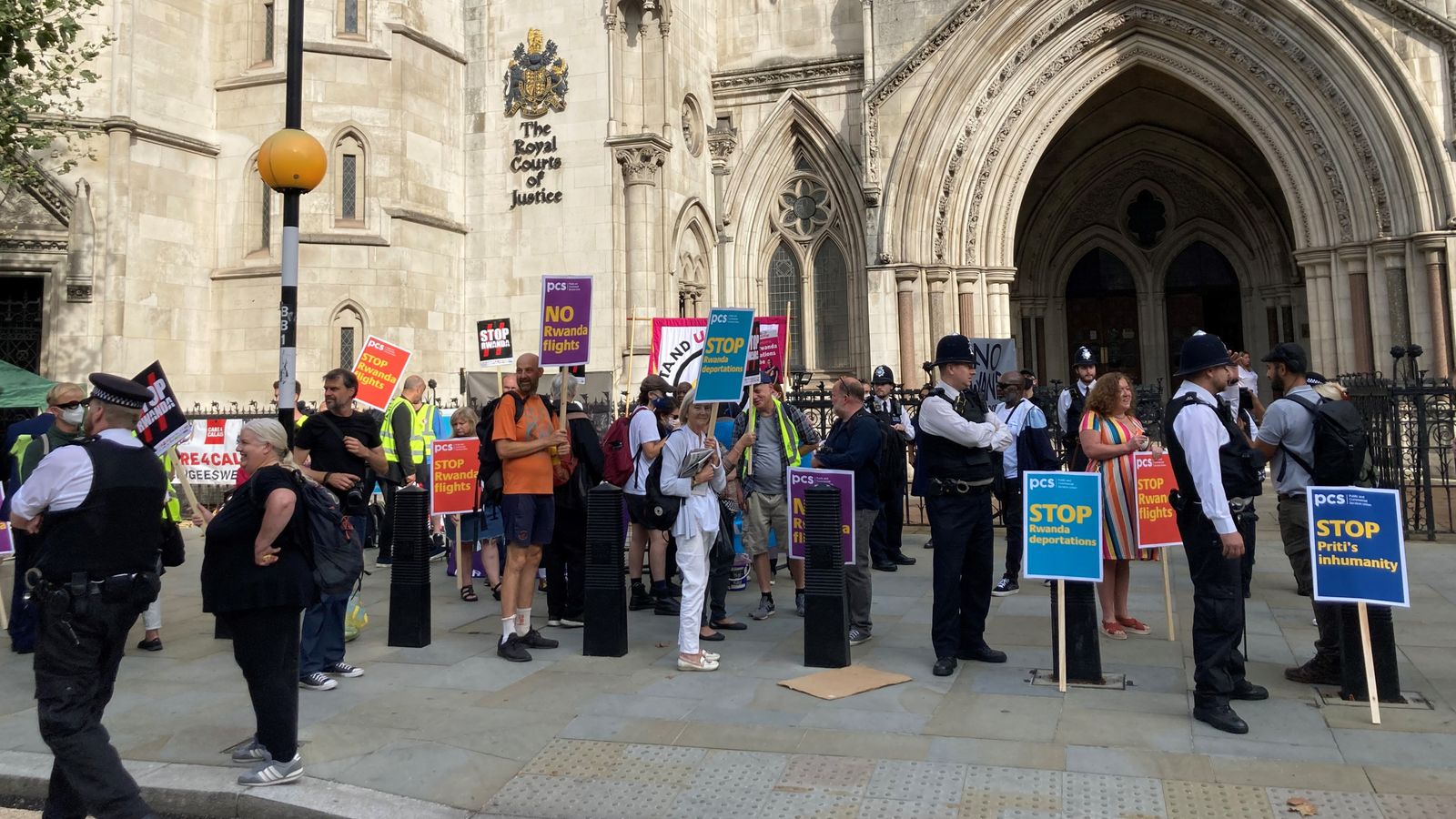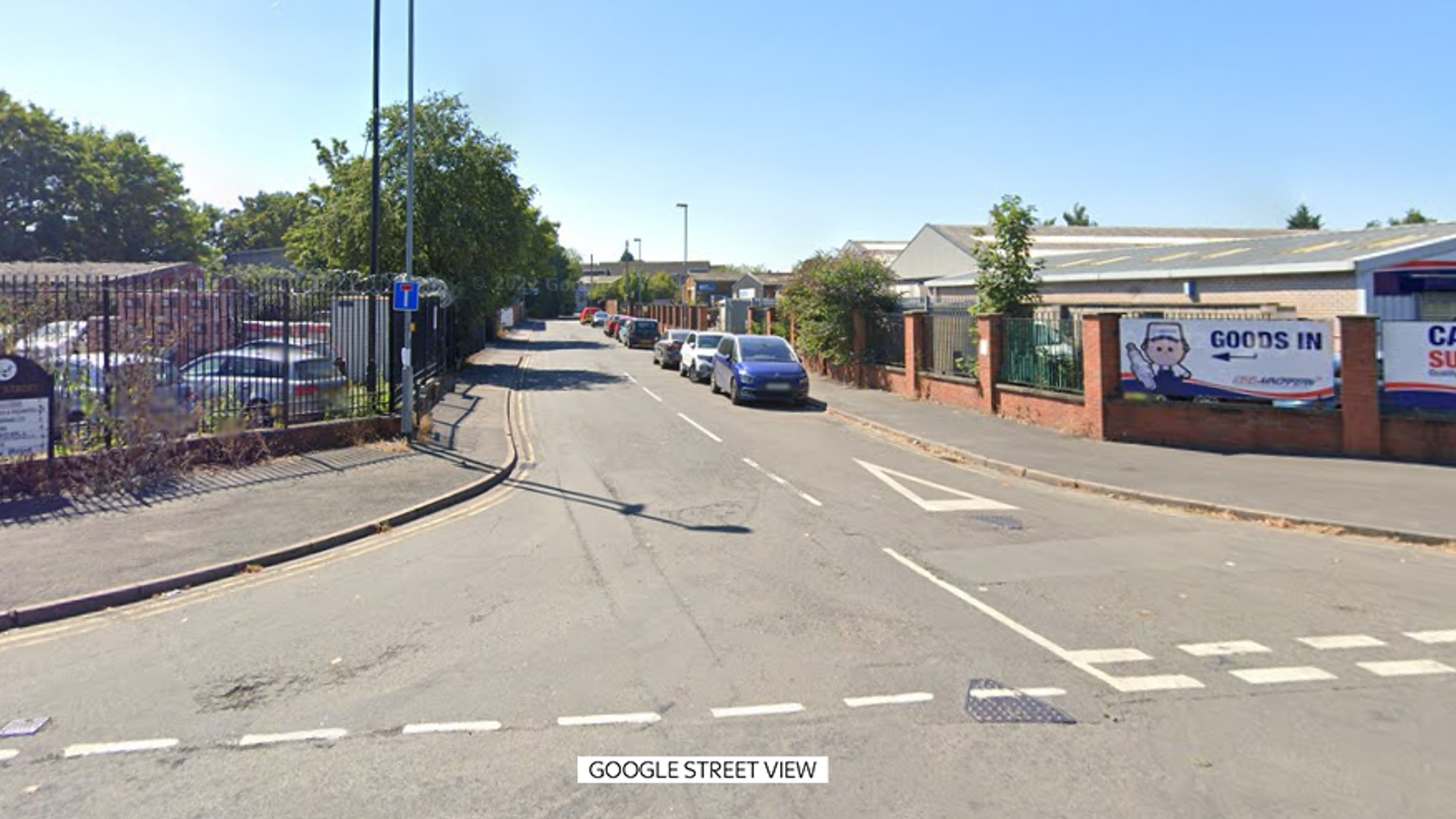The government’s Rwanda policy is “seriously unfair” and risks removing asylum seekers from the UK’s jurisdiction “without effective access to the court”, the High Court has been told.
Charlotte Kilroy KC, representing the charity Asylum Aid, said the tight timescales involved in the process mean individuals are unable to make “effective representations as to why their removal would be unlawful”.
She said this has an immediate knock-on effect on the ability of individuals to access justice.
Chancellor Kwasi Kwarteng insists he’ll still be in post next month – latest updates
Judges are hearing a second legal challenge against the Home Office’s plans to send some asylum seekers to Rwanda.
The judicial review brought by Asylum Aid comes a month after a related hearing on the Home Office’s assessment of Rwanda as a safe third country.
Ms Kilroy said Home Secretary Suella Braverman’s approach to the Rwanda policy involved an “error of law” and “fails to discharge” her duty to take reasonable steps to acquaint herself with relevant information.
Rwanda an ‘authoritarian state’ that ‘tortures and murders opponents’, High Court told as challenge begins against asylum policy
Priti Patel insists Rwanda ‘safe’ for deportations despite warnings of killings and torture
Ministers can keep some internal documents on Rwanda immigration policy secret, High Court rules
During Thursday’s hearing, she accused Lord Justice Lewis of speaking to her “in a rude fashion,” after both he and Mr Justice Swift repeatedly interrupted her submissions with questions.
Mr Justice Lewis expressed frustration that his questions were not being answered and said the court had “over many months, bent over backwards,” to listen to those opposing the government’s policy.
The Rwanda scheme was announced in April and the first flight to remove asylum seekers was grounded on 14 June after intervention from the European Court of Human Rights. Flights cannot take off until the legal process is complete.
On Friday, Edward Brown KC for the Home Office, is expected to say the seven-day time period for part of the process of removing asylum seekers to Rwanda is “sufficient” in many cases.
Please use Chrome browser for a more accessible video player
In written submissions, Mr Brown said: “The process is designed to determine, without delay, the issue of admissibility and possible removal to Rwanda; whilst giving sufficient opportunity to the individual to make representations in relation to that decision.
“Any notionally longer standard time period, none having been identified, would inevitably disrupt the balance with other critical factors, such as the fact of immigration detention and the wider public interest in asylum, immigration and border control.”








